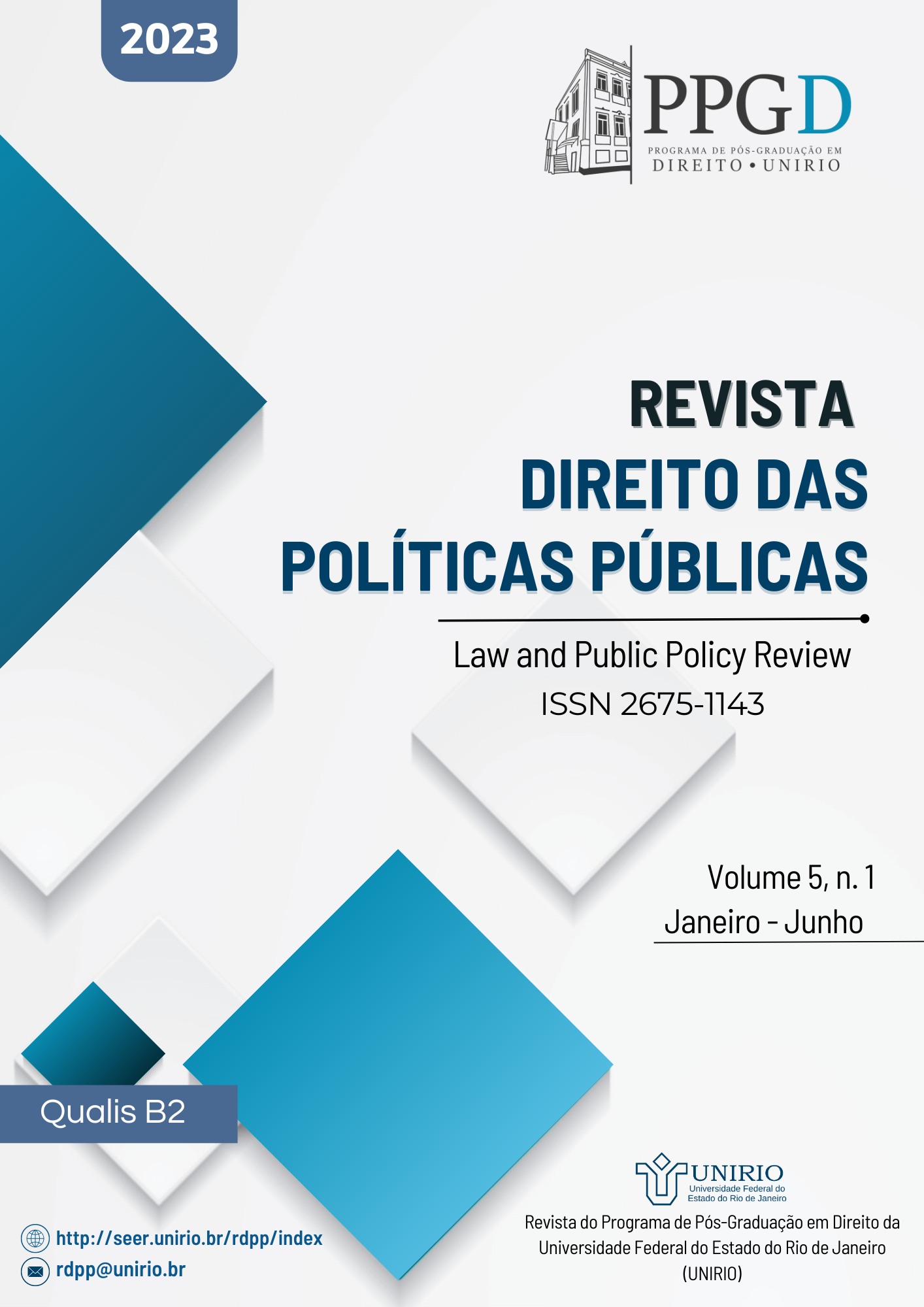WHEN COMPLIANCE IS NOT ENOUGH
THE CHALLENGE OF PROMOTING FISCAL INTEGRITY IN BRAZIL.
Keywords:
Fiscal Integrity, Soft Law, GRI Standards, Tax Planning, Tax AvoidanceAbstract
This article discusses the theme of promoting fiscal integrity from the perspective of the effectiveness of legal mechanisms for inducing socially desired behaviors. The discussion permeates the distinction between compliance with law and integrity, which is ordinarily sought through harsh legal norms, which impose behavior under penalty of sanction, and is being the subject of soft laws. In this sense, the text tries to draw an overview of the behavior of taxpayers in relation to compliance with tax legislation by exploiting cases in which non-compliance with the law, while undesirable, has not been effectively refrained by the legal system. It also addresses other situations in which the determination of taxpayers to avoid taxation results in reaction from the legislator who, in addition to not solving the problem, make the image of the tax system and the tax authority even more compromising. Instead of continuing the path of covering the gaps in the imposition, the text explores the possibility of the adoption of a soft model of legislation, inspired by communication standards established by independent international organizations to stimulate socially desirable behaviors.
Downloads
References
ANSARI, Sas; SOSSIN, Lorne. Legitimate Expectations in Canada: Soft Law and Tax Administration. 2017.
ARISTÓTELES. Ética a Nicomaco. 4ª Edição. São Paulo: Nova Cultural, 1991.
BINENBOJM, Gustavo. Uma teoria do direito administrativo: direitos fundamentais, democracia e constitucionalização. Rio de Janeiro: Renovar, 2006.
BIVI, Rosita. Is the adoption of the GRI 207 a mean to protect reputation and to avoid scandals?. 2022.
BOBBIO, Norberto. Teoria do ordenamento jurídico. Brasília: UNB, 1999.
CALDERON, Jose. OECD Transfer Pricing Guidelines as a Source of Tax Law: Is Globalization Reaching the Tax Law, The. Intertax, v. 35, p. 4, 2007.
CHAOUCHE, Fatima. Legitimate expectations in Luxembourg tax law: The case of administrative circulars and tax rulings. Éditions Larcier, 2019.
CNBC. How companies like Amazon, Nike and FedEx avoid paying federal taxes. Disponível em: <https://www.cnbc.com/2022/04/14/how-companies-like-amazon-nike-and-fedex-avoid-paying-federal-taxes-.html>, acessão em 04/02/2023
COLLINS ENGLISH DICTIONARY. Definition of tax loophole. Disponível em: <https://www.collinsdictionary.com/dictionary/english/tax-loophole>, acessado em 04/02/2023.
DA SILVA, Fabio Pereira. Programa “Nos Conformes”: uma avaliação sob a perspectiva do “paradigma do serviço”. Revista Direito Tributário Atual, n. 43, p. 123-150, 2019.
GARDNER, M. et al. 55 Corporations Paid $0 in Federal Taxes on 2020 Profits. IN: ITEP Report April, 2021. Disponível em: <https://itep.org/55-profitable-corporations-zero-corporate-tax/>, acessado em 04/02/2023.
GRI Standards (2020), “GRI 207: Tax 2019”,
GRIBNAU, Hans. Soft law and taxation: The case of the Netherlands. Legisprudence, v. 1, n. 3, p. 291-326, 2007.
KANT, Immanuel. Crítica da Razão Pura. 5ª Edição. Lisboa: Fundação Calouste Gulbenkian, 2011.
MACHADO, Hugo de Brito. Curso de Direito Tributário. São Paulo: Malheiros, 2015,
MENEZES, Pedro. Ética Aristotélica. Disponível em <https://www.todamateria.com.br/etica-aristotelica>, acessado em 03/02/2023.
MOREIRA, André Mendes. Revista da Associação Brasileira de Direito Tributário, Vol. 21, Belo Horizonte, mar.-abr. 2003, pp. 11-17
MOREIRA NETO, Diogo de Figueiredo. Curso de direito administrativo. Parte introdutória. Parte geral. Parte especial. 14. ed. Rio de Janeiro: Forense, 2006
NOGUEIRA, Carolina. A Aplicação De Soft Law no Direito Internacional: a adoção de parâmetros voluntários no direito ambiental e em ESG. Revista de Direito Internacional e Globalização Econômica, v. 9, n. 9, p. 50-64, 2022.
NOGUEIRA, Eliseu Sampaio. Planejamento tributário abusivo. Revista Diálogos Acadêmicos, v. 7, n. 2, 2019.
OLIVEIRA, Liziane Paixão Silva; BERTOLDI, Márcia Rodrigues. A importância do soft law na construção do direito internacional ambiental In: XIX Congresso Nacional do CONPEDI, 2010, Florianópolis. Anais do XIX Congresso Nacional do CONPEDI, 2010.
PACTO DE INTEGRIDADE E COMPLIANCE SUSTENTÁVEL. Disponível em <https://pactocompliance.com.br/>, acessado em 03/02/2023
PIANTAVIGNA, Paolo, Tax Abuse and Aggressive Tax Planning in the BEPS Era: How EU Law and the OECD are Establishing a Unifying Conceptual Framework in International Tax Law, Despite Linguistic Discrepancies (January 3, 2017). In: World tax journal. - Amsterdam. - Vol. 9 (2017), no. 1 ; p. 37-98
RATHKE, Alex. A. T. Profit shifting no Brasil e o impacto dos paraísos fiscais. Revista Contabilidade & Finanças, 32(85), 2020. 95-108.
THIBIERGE, Catherine. Le droit souple: réflexion sur les textures du droit. RTD Civ., 2003, p.9.





